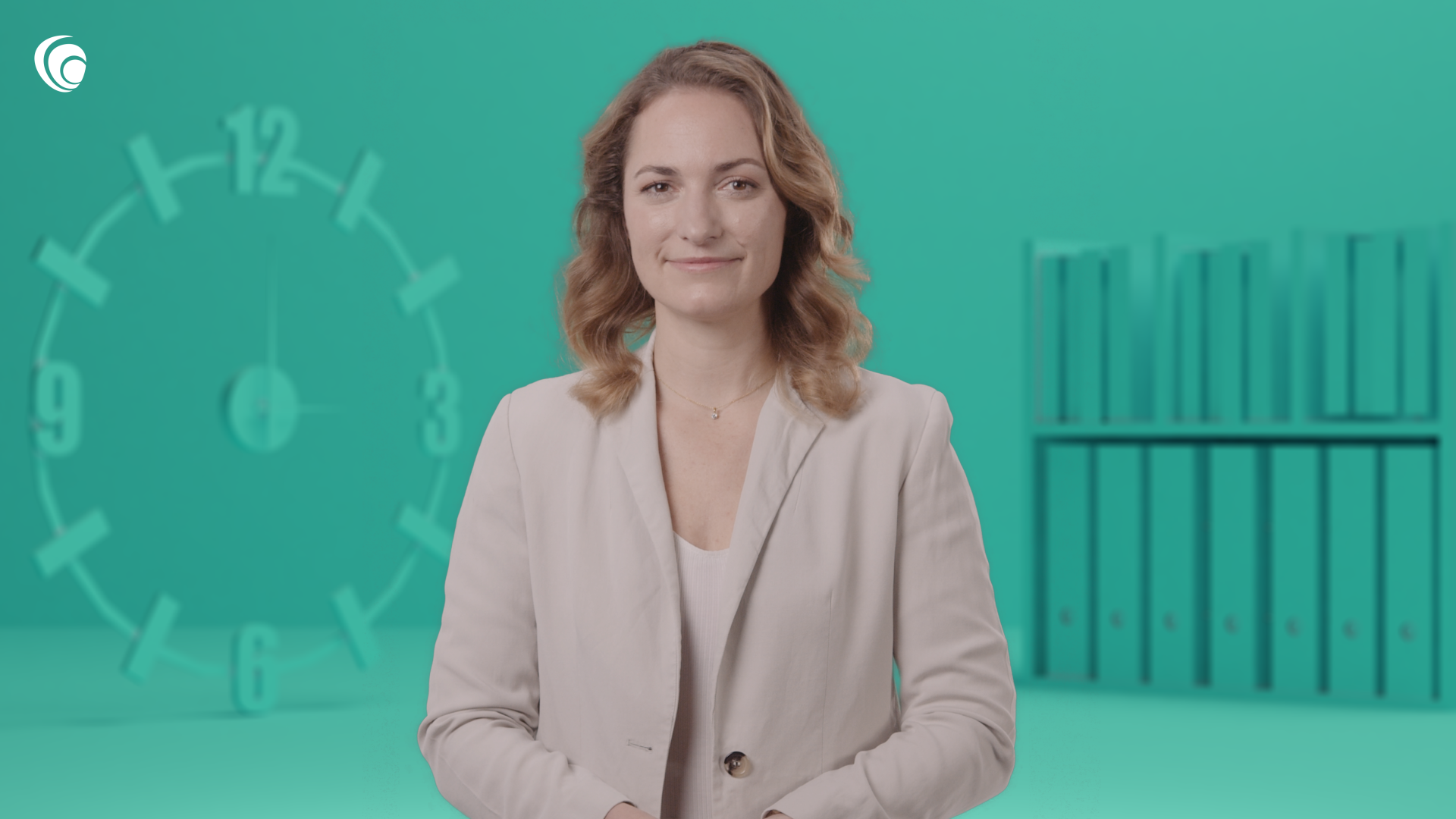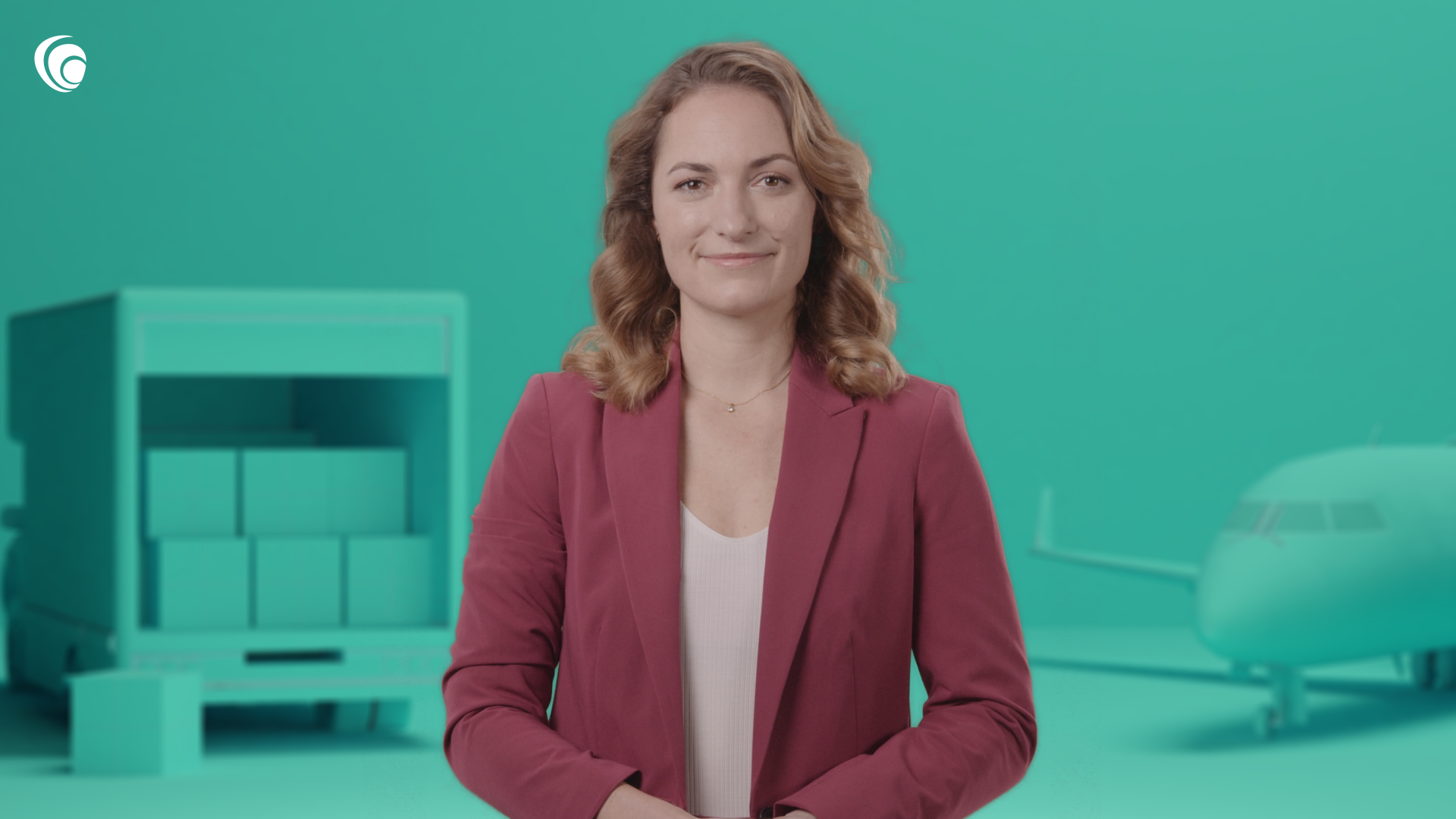The Netherlands offers a beneficial tax scheme for certain expats. The scheme applies to employees hired from abroad with specific expertise that is scarce in the Dutch labour market. This expat scheme has been adjusted several times in recent years. What changes have been made? What transitional law still applies? And what rules apply now? Our Global Mobility experts explain.
The expat scheme in a nutshell
The 30% ruling, as available until the end of 2023, offers a number of tax benefits. If an employee meets the requirements of the scheme, the employer can, shortly put, pay up to 30% of the salary tax free. This exemption is intended to cover ‘extraterritorial expenses’ such as increased living expenses and dual housing costs.
Instead of paying a ‘flat-rate percentage’ of wages tax free, it is possible (even under the current legislation) to reimburse the actual extraterritorial expenses tax free. Given the administrative burden this involves, the 30% option is often chosen.
What are the conditions of the expat scheme?
The expat scheme is subject to a number of conditions. For example, there is a minimum salary standard and there are restrictions regarding the minimum distance that the employee lived from the Netherlands in the two years prior to employment. The ruling must also be requested and obtained on time. In some cases, the scheme can also be applied with the new employer after a job change, but this is subject to strict rules.
Until the end of 2023: 30% ruling without capping
Until the end of 2023, the 30% ruling applied: subject to salary standards, a maximum of 30% of the salary could be paid out tax free. The maximum duration of that 30% ruling was five years.
Since 1 January 2024, 30% rulings that were first applied after 31 December 2022 are ‘capped’. The tax-free remuneration is capped at a maximum of the so-called ’Balkenende norm’. For employees who applied the 30% ruling in the final wage period of 2022, this capping will not apply until 1 January 2026.
Since 1 January 2024: 30-20-10 scheme
Under political pressure, the facility has been cut back further as of 2024. The option of paying 30% of the salary (including compensation) tax-free was limited to the first 20 months of the duration of the ruling. The rate then fell to 20% for the second 20 months and to 10% for the last 20 months. While it was still possible to reimburse the actual extraterritorial expenses, rather than applying the flat rate, using the flat rate could lead to a higher tax burden (in the case of a gross salary arrangement) or substantially increased employer costs (in the case of a net salary arrangement).
Transitional law applied for this change, which meant that parties entitled to the ruling could apply the 30% maximum ‘as usual’ in 2024. The first effects of this scheme would not emerge until sometime in the course of 2025.
As of 1 January 2027: 27% ruling
But it will not get that far, because in the meantime the legislation has been amended yet again. For rulings after 31 December 2024, a 27% ruling will apply as of 2027: the tax-free remuneration (taking into account capping to the Balkenende norm) will be a maximum of 27%. The duration remains unchanged: up to five years.
As of 2027, the salary standard will also be raised from € 46,660 (2025) to € 50,436 (2027). The reduced salary standard (for academically educated employees under 30) has also increased. These amounts are indexed annually.
There is a transitional law for cases where the ruling was applied in the final wage period of 2023: for these employees, the old 30% rate will continue to apply after 2026. The increased salary standards will not apply to employees for whom the ruling was applied in the final wage period of 2024 (except for the regular indexation).
As with any transitional law, certain cases require extra attention. Your Baker Tilly advisor can tell you more about this. Broadly speaking, those who applied the expat scheme in 2022, and still meet the conditions, can still receive up to 30% of wages tax free now.
Non-resident taxpayer status abolished
In the past, the 30% facility offered a second benefit to the employee: the possibility to opt for treatment as a partially non-resident taxpayer in their personal income tax return. In short, this meant the employee could choose to pay income tax only on their Dutch sources of income. With this, income from a substantial shareholding (box 2-income) was only taxed in the Netherlands if the source was located in the Netherlands. And regarding income from savings and investments (box 3-income), in principle only Dutch property was taxed. A foreign substantial shareholding, income from domestic and foreign bank accounts and investments and foreign property were not part of the Dutch taxable base.
This option lapsed as of 1 January 2025. In principle, although tax treaties may offer prevention of double taxation in some cases, taxpayers with a 27% ruling now pay Dutch personal income tax on their worldwide income. For tax years 2025 and 2026, transitional law applies for taxpayers who were already using the expat scheme before 1 January 2024.
Pay close attention to changes and transitional regulations
It is important to be clear about the changed salary standards, tax-free percentages and transitional rules.
If you have any questions about the old 30% ruling, the new 27% ruling, or the various transitional regulations, please get in touch with your contact person at Baker Tilly or one of the experts at Baker Tilly Employment Advisory.
The legislation and regulations in this area may be subject to change. We recommend that you discuss the potential impact of this with your Baker Tilly advisor.





